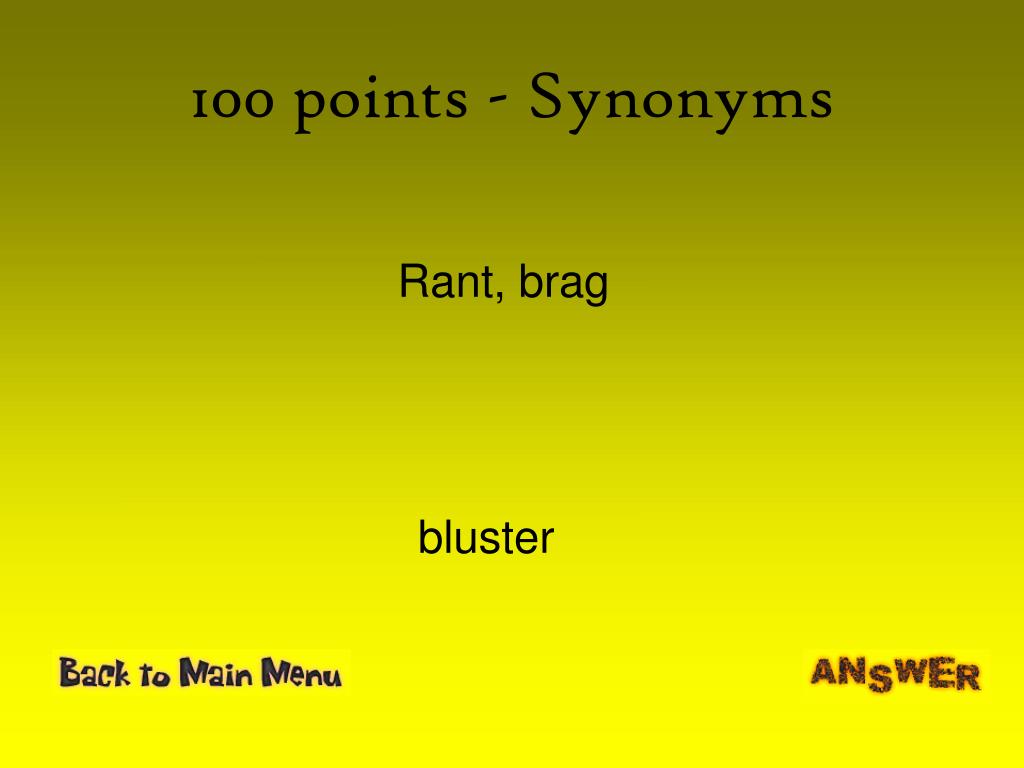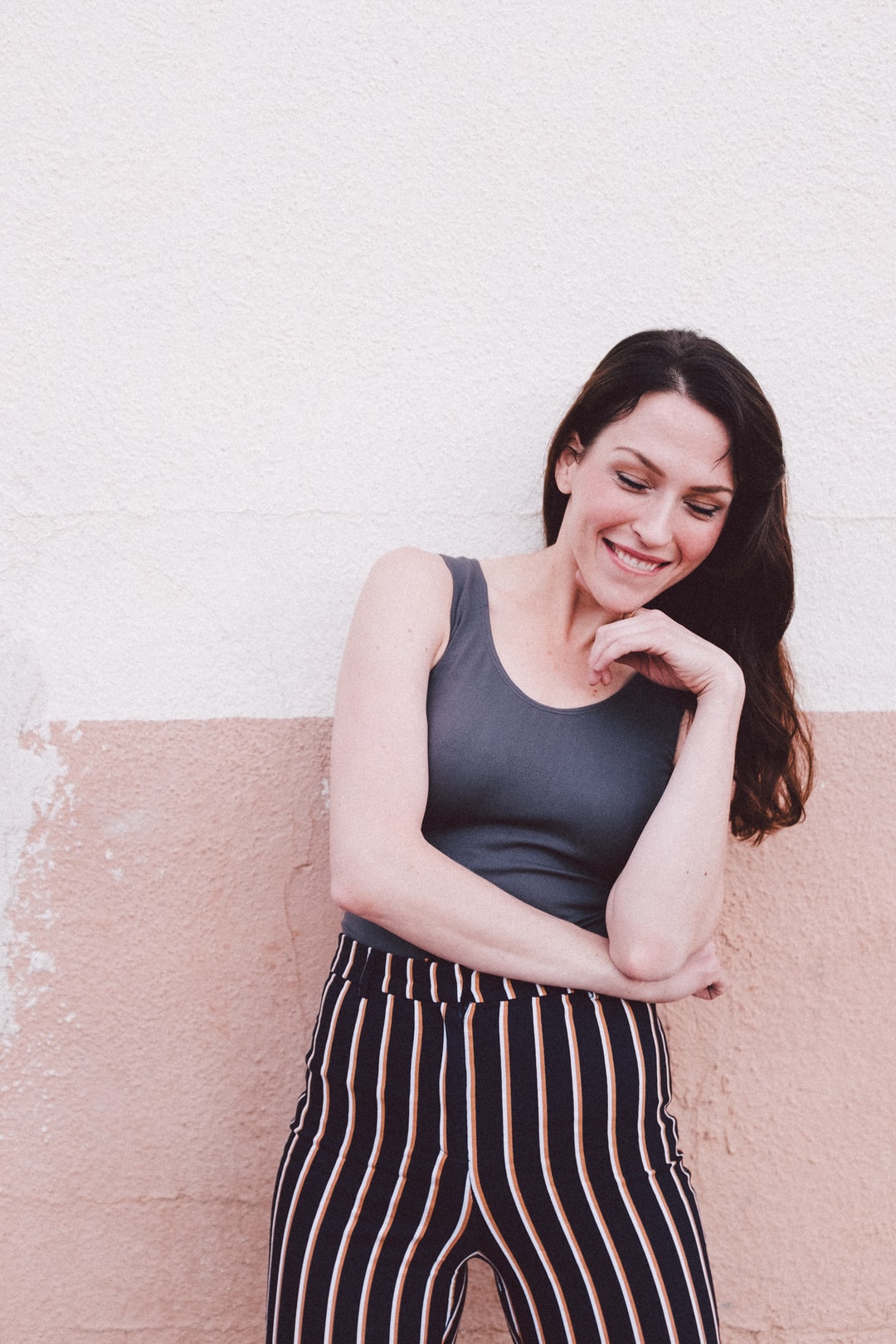

#BRAG MOMENT SYNONYM MANUAL#
Thus, it seems reasonable that the term dementia has been subject to criticism, and the American Psychiatric Association has replaced it with the phrase “major neurocognitive disorder” in the Diagnostic and Statistical Manual (DSM-5) ( 5). The Latin root of the term dementia means to be out of one’s mind ( 3), and dementia has been described as leading to affected persons losing their self and becoming non-persons ( 4). These results are in line with Sabat ( 2) who argued that self should be investigated by sensitive methods. A systematic review revealed that studies performed with quantitative methods generally described that among persons with dementia self was affected, while qualitative studies tended to find that self was at least partly preserved ( 1).

There are reports that persons with dementia lose their self and also that it is at least partly preserved. These experiences can often be hard to achieve for persons with dementia, partly due to symptoms of dementia and to a great extent due to other persons’ reactions. We need to be proud of our abilities and feel respected by other persons. The Bishop Orders His Tomb at Saint Praxed's Churchĥ4Together down, sir.As human beings, we need to know that we are and who we are. How they Brought the Good News from Ghent to Aix

Oh, sir, she smiled, no doubt,Ĥ4Whene’er I passed her but who passed withoutĤ5Much the same smile? This grew I gave commands Ĥ6Then all smiles stopped together. Who’d stoop to blameģ5This sort of trifling? Even had you skillģ6In speech-which I have not-to make your willģ7Quite clear to such an one, and say, “Just thisģ8Or that in you disgusts me here you miss,ģ9Or there exceed the mark”-and if she letĤ0Herself be lessoned so, nor plainly setĤ1Her wits to yours, forsooth, and made excuse-Ĥ2E’en then would be some stooping and I chooseĤ3Never to stoop.

She thanked men-good! but thankedģ2Somehow-I know not how-as if she rankedģ3My gift of a nine-hundred-years-old nameģ4With anybody’s gift. She hadĢ2A heart-how shall I say?- too soon made glad,Ģ3Too easily impressed she liked whate’erĢ4She looked on, and her looks went everywhere.Ģ5Sir, ’twas all one! My favour at her breast,Ģ6The dropping of the daylight in the West,Ģ7The bough of cherries some officious foolĢ8Broke in the orchard for her, the white muleĢ9She rode with round the terrace-all and eachģ0Would draw from her alike the approving speech,ģ1Or blush, at least. Sir, ’twas notġ4Her husband’s presence only, called that spotġ5Of joy into the Duchess’ cheek perhapsġ6Fra Pandolf chanced to say, “Her mantle lapsġ7Over my lady’s wrist too much,” or “Paintġ9Half-flush that dies along her throat.” Such stuffĢ0Was courtesy, she thought, and cause enoughĢ1For calling up that spot of joy. 1That’s my last Duchess painted on the wall,ģThat piece a wonder, now Fra Pandolf’s handsĤWorked busily a day, and there she stands.ĥWill’t please you sit and look at her? I saidħStrangers like you that pictured countenance,ĨThe depth and passion of its earnest glance,ĩBut to myself they turned (since none puts byġ0The curtain I have drawn for you, but I)ġ1And seemed as they would ask me, if they durst,ġ2How such a glance came there so, not the firstġ3Are you to turn and ask thus.


 0 kommentar(er)
0 kommentar(er)
